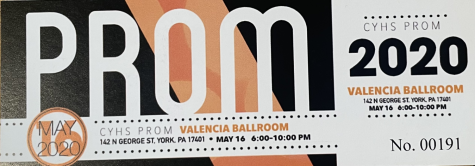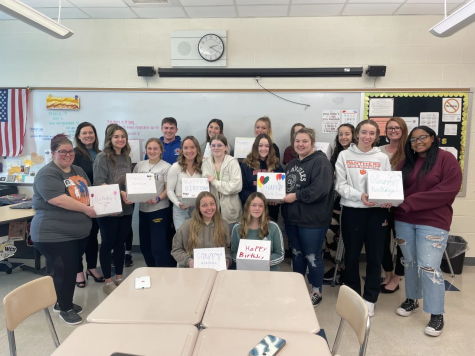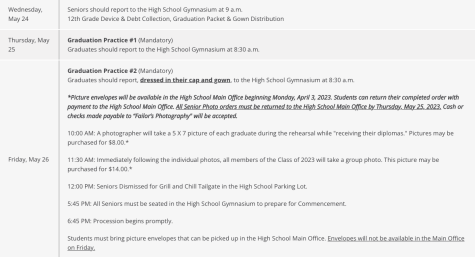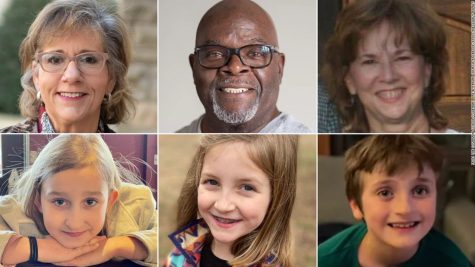U.S. Military Health Medic

Senior student Kara Grothe inserts a live IV needle to Staff Sgt. Barnett during her second period Health and Sports Medicine class at Central York High School
U.S. Army Health Medic Staff Sargent (Staff Sgt.) William Barnett comes to Central York High School(CYHS) on Tuesdays to help teach life-saving combat skills to the Applied Sports Medicine (ASM) class.
Staff Sgt. Barnett originally from Vermont and recently stationed in Afghanistan volunteers time to help teach here at Central York High School.
Richard Guinan, who teaches Drivers Ed and the Applied Sports Medicine class, is very appreciative to have Staff Sgt. Barnett come in.
“I support all of our military members and having this opportunity is tremendous,” states Guinan.
Staff Sgt. Barnett normally takes the lead in class when he’s teaching. The students get to be hands-on and see demonstrations. They even get to practice some of the skills that they see demonstrated, such as how to find where to put a chest tube on each other, using IVs, etc.
“To anybody that aspires to be in the medical field it is a good intro,” mentions Staff Sgt. Barnett.
Staff Sgt. Barnett brings in real-life medic instruments used in trauma accidents. He teaches the class the importance of how to use the tools in a real-life situation, so the students would know how to take action with them and what to do if they are not available.
“Emergencies can happen any day and any time in real life and having this training can potentially help you or someone else in the emergency situation” explains Guinan, “the unknown is going to happen and being able to know what to do is important.”
The Applied Sports Medicine class helps prepare these students for any kind of situation no one would ever want to be stuck in. For example, they learn how to treat someone that is impaled, someone that needs air out of their lungs and what to do in many other traumatic scenes.
The class allows the students to open a new pathway to see if their future will have anything to do with the medical field.
“This class is great for anyone that is envisioning themselves in the healthcare world in the future,” comments Guinan.
Not only is the class important to Guinan and Staff Sgt. Barnett to have taught, but the students also enjoy learning about the medical field and all the different ways they learn to help people in a real-life setting.
“We did a tourniquet unit and everyone got to put one on each other and many people were complaining about the amount of pain it caused,” says junior Bella Christensen.
The class is totally voluntary(an elective) and offers more of a glimpse into the world of medicine.
“We’re not pushing the recruiting aspect whatsoever; we are simply giving the opportunity to them. Nobody is trying to twist anyone’s arms to join the military. We just simply want to expose them to the opportunities,” said Guinan.
Overall Guinan is appreciative of the time and effort Staff Sgt. Barnett brings to the class and all the things he can help teach and share.
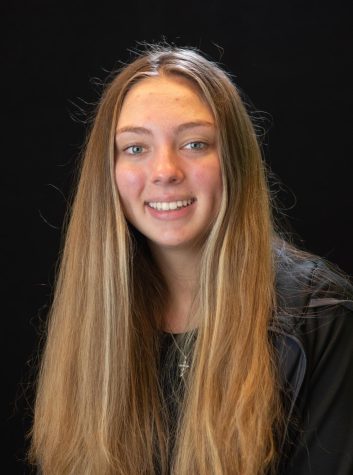
Hi, I'm Bryana Myers a junior at Central York High School. I'm in Journalism 2 and write for the Prowler. I enjoy writing about classes and clubs here...


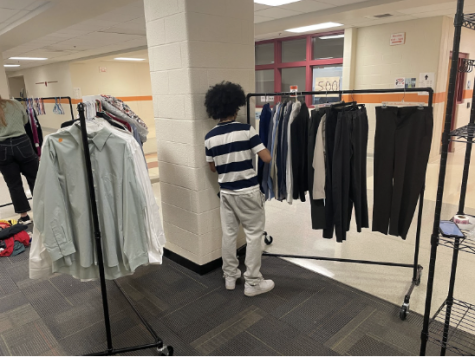


![“She [Walker] was the biggest advocate for any student,” said Basile.](https://mundismillmedia.com/wp-content/uploads/2023/05/Colorful-Watercolor-Note-Paper-with-Brush-Stroke-A4-Document-336x475.png)
